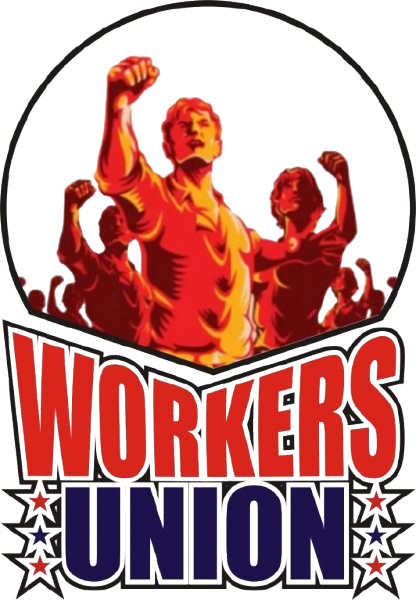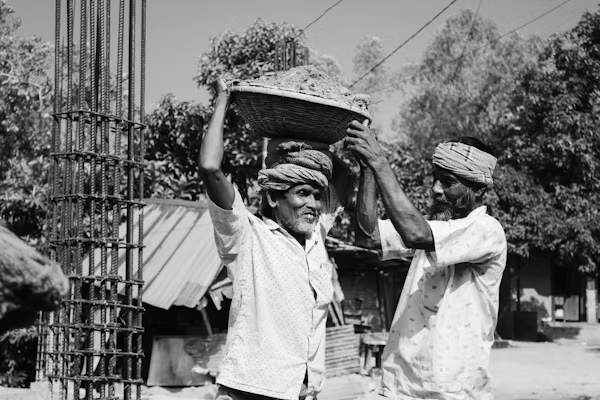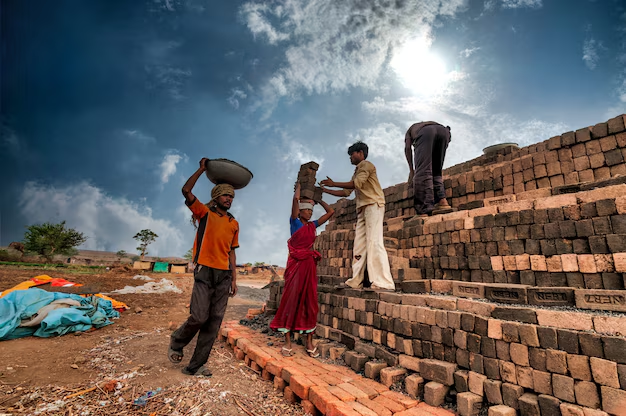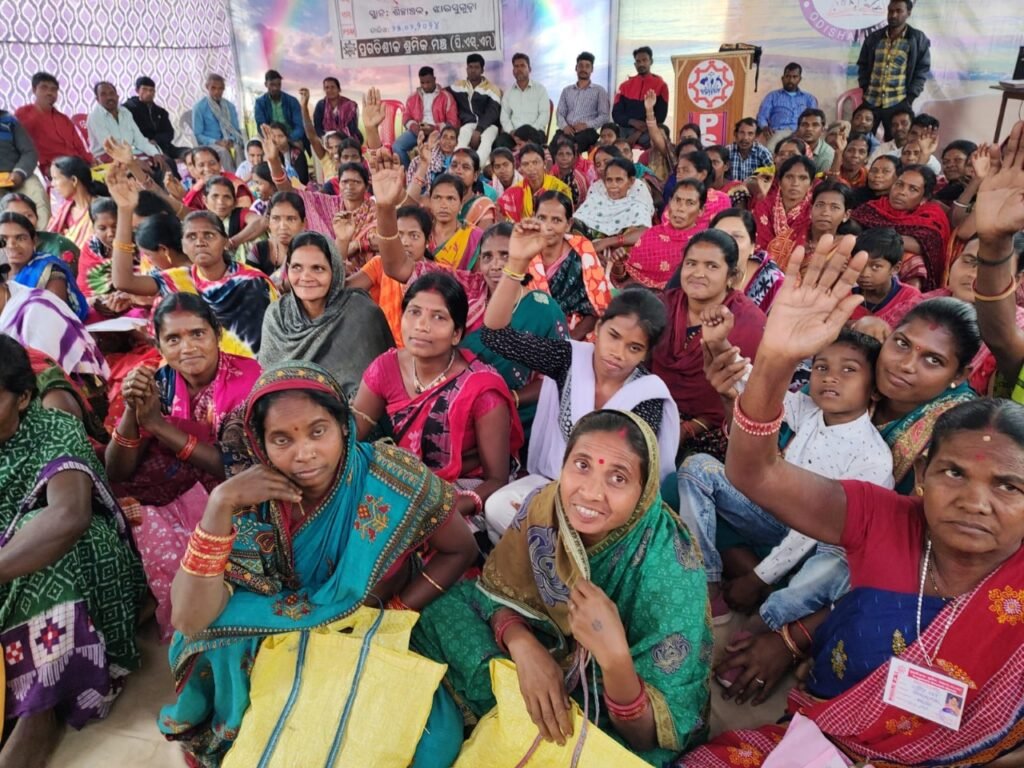National Alliance of Independent Labour Unions (NAILU)
The National Alliance of Independent Labour Unions (NAILU) represents a transformative milestone for consortium members dedicated to addressing the myriad challenges faced by informal unorganized workers in India. Our mission is to empower and uplift these workers through advocacy, support, and collaboration, creating a robust platform for change and progress. This document outlines the key elements, structure, and initiatives of NAILU, setting a new standard for collective action and solidarity among our members.

Vision and Mission
Vision
Misson
Core Principles
Inclusivity
Solidarity
Advocacy
Empowerment
Transparency
Objective
Formulate Key Demands
Develop and advocate for the core demands of informal
workers, including fair wages, social security, employment security, and safe working
conditions.
Build a Strong Network
Establish a wide-reaching network of trade unions, NGOs,
legal experts, and researchers dedicated to improving the lives of informal workers.
Engage with Government
Collaborate with government bodies to influence labour
policies and ensure the implementation of worker-friendly regulations.
Legal and Mediation Support
Provide legal aid and mediation services to workers facing exploitation and injustice. 5. Research and Knowledge Sharing
Research and Knowledge Sharing
Conduct research to inform policy decisions and
share knowledge among members to drive informed advocacy.
Major Initiatives
National Labourline Network
Labour Knowledge Hub
Legal
Support Network
Sanchaar Language Network
Unique Aspects
Non-Sectarian Approach
Fosters a collaborative environment without ideological conflicts, prioritizing the common goal of improving informal workers' lives.
Wraparound
Model
Provides comprehensive support to member organizations, including advocacy, legal aid, training, and research.
Inclusive
Leadership
Encourages grassroots leadership and ensures decision-making processes are inclusive and representative of all members.
Focus on Intersectionality
Recognizes and addresses the intersecting issues of gender,caste, and socio-economic status that impact informal workers.
Membership Criteria
Organizational Commitment
Agreement with Core Principles
Approval Process
Commitment to Social Justice
Structure
Annual
Conference
A gathering of all member organizations to discuss strategies, share experiences, and elect the National Council.
National Coordination Committee (NCC)
A gathering of all member organizations to discuss strategies, share experiences, and elect the National Council.
State-Level
Chapters
Local chapters to coordinate activities, engage with state governments, and support grassroots organizations.
Thematic Areas
Emerging Sectors
Migration and Trafficking
Natural Resources
Gender Focus
Climate Justice
Social Identities
Judicial Access

Safety Regulations: Advocate for strict enforcement of , safety standards and regulations in the construction industry to prevent accidents and injuries.
Compensation and Benefits: Ensure that construction workers receive fair compensation for their work and adequate benefits, including health coverage and retirement plans.
Training and Skills Development: Provide training programs to enhance the skills of construction workers, improving their employability and safety on the job.
Health and Well-being: Address the specific health issues faced by construction workers, including exposure to hazardous materials and long-term physical strain.
Worker Representation: Strengthen the representation of construction workers in decision-making processes and negotiations with employers and government bodies.
Addressing Broader Issues
Self-Employed Workers
Develop initiatives specifically targeting the needs of self employed workers, who constitute 50% of the workforce.
Migrant Workers
Implement programs to support migrant workers, who represent over 60% of the informal workforce.
Child Labor
Advocate for the eradication of child labor and provide support for affected children
Adivasis, Small Farmers, and Dalit Workers
Address the unique challenges faced by these groups, ensuring their inclusion in all initiatives.
Excluded Groups
Develop targeted programs for sex workers, eunuchs, entertainment workers, and platform/gig workers to address their specific needs and challenges.
Funding and Sustainability
Funding Sources:
Explore diverse funding sources, including grants from national and international organizations, donations from individuals and corporate social responsibility (CSR) funds.
Financial Planning:
Establish a transparent and accountable financial management system to ensure sustainable funding for all initiatives.
Partnerships:
Build strategic partnerships with other NGOs, trade unions, and community organizations to pool resources and amplify impact.

Collective Planning and Consultation
Wider Consultation
Sustainable Working

NAILU invites organizations committed to labour rights and social justice to join our network.By working together, we can amplify the voices of informal and construction workers, influence policy changes, and create a better future for all. For membership inquiries and further information, please contact us at [contact details]. The National Alliance of Independent Labour Unions (NAILU) stands as a beacon of hope and a powerful catalyst for change in the landscape of informal labour in India. Together, we can achieve significant milestones, ensuring dignity, justice, and equity for all workers. Join us in this crucial endeavour to transform the lives of millions and build a more just and inclusive society.
Modified & Edited By Dr L. Mishra(31.07.2025)
Our Leadership
NAILU’s leadership is composed of experienced trade unionists, labor policy experts, and
grassroots organizers committed to bridging policy advocacy and community mobilization.
National Convener
A.R. Anupam – Labor reform advocate and campaign strategist with over two decades of
experience in informal sector organizing.
Coordinators
Dr. R. S. Tiwari
Gopinath Barik
Mr. Ranjan Mishra
Sushama Sahu
Vikash Kumar
Advisory Council (Select Members)
Dr. G. B. Nath
Dr. Dibendu Kumar
(Note: Sushama Sahu, Subanti Khadia, Manoj Kumar Naik, Lalaram Chhataria, Charumani
Kalo,
Full list of member unions and regional conveners available on request.)
Journey so far (with interactive timeline)
Affiliated organizations across states
Vision for dignified work in the informal economy
